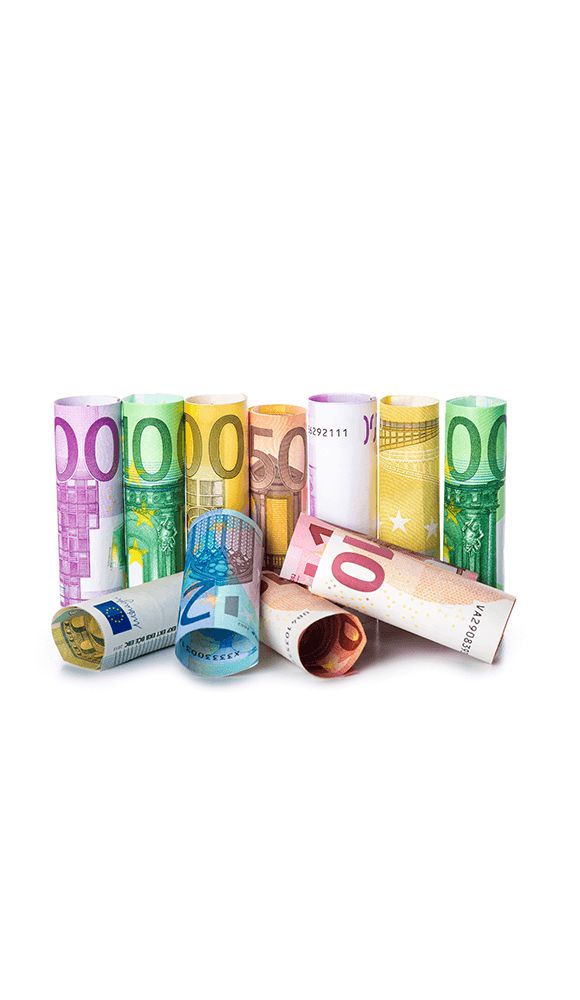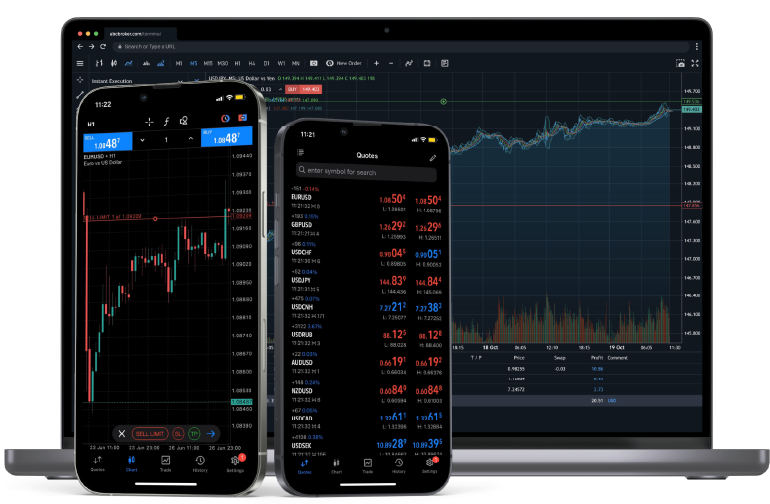A Forex Swap/Rollover is an overnight interest earned or paid for holding a position open overnight in FX trading, and it’s calculated based on whether your open positions are long or short.
Rollover interest is applied to a trader’s trading account on each trading day at 5 p.m. Eastern Standard Time, which is 00:00 MetaTrader 4/MetaTrader 5 server time. On Wednesday, rollover is charged triple rated due to market close on Saturday and Sunday.




